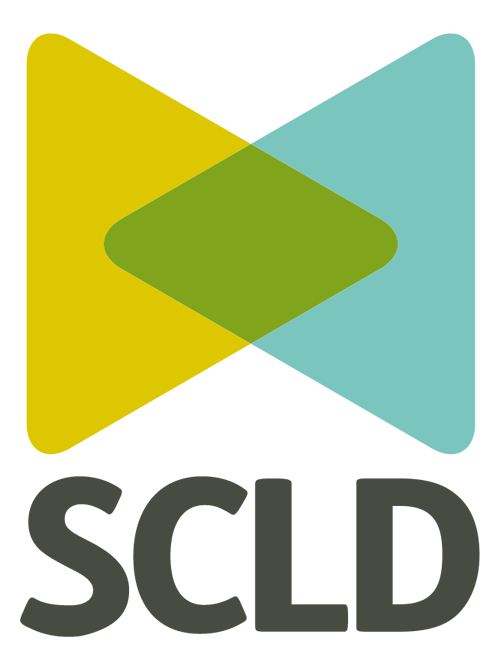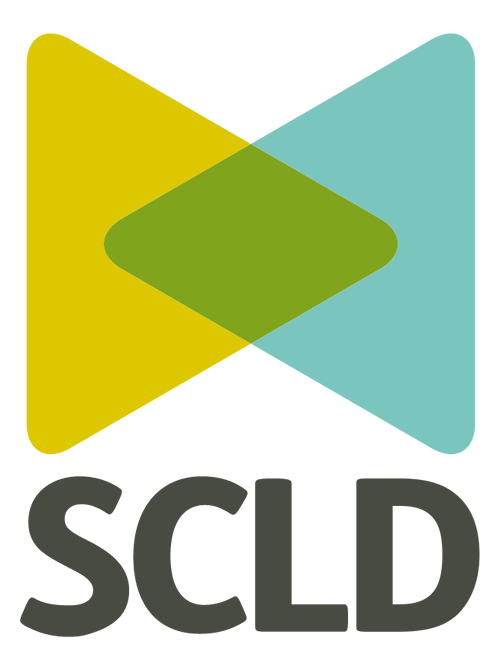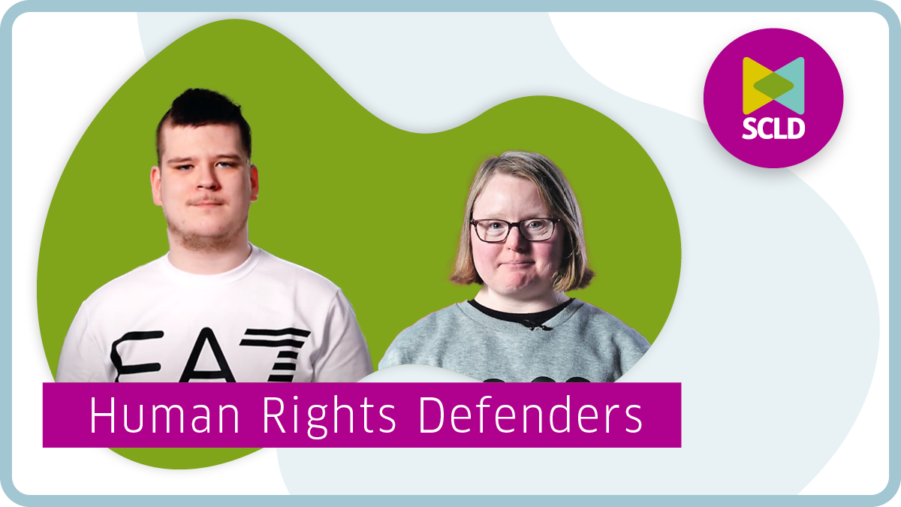
The one where the Scottish Commission for People with Learning Disabilities went to the United Nations…
Human Rights Defenders Aaron Hume and Fiona Dawson interviewed Oonagh Brown about her experience representing the Scottish Commission for People with Learning Disabilities (SCLD) at the Universal Periodic Review of the United Kingdom at the United Nations…
Aaron: For those who don’t know yet, who are you and what is your role at SCLD?
My name is Oonagh Brown. I am the Human Rights Programme Lead at SCLD. I work to ensure people with learning disabilities can realise their human rights in Scotland. For example, this might mean supporting people with learning disabilities to know about their human rights, like working alongside people with learning disabilities on the ‘Human Rights Town’ App. I also ensure that SCLD is working to raise issues about human rights with the Scottish Government and other decision-makers across Scotland. I work within a small team at SCLD that leads work around improving support for women with learning disabilities who have Gender-Based Violence and SCLD’s Human Rights Bill Lived Experience Board.
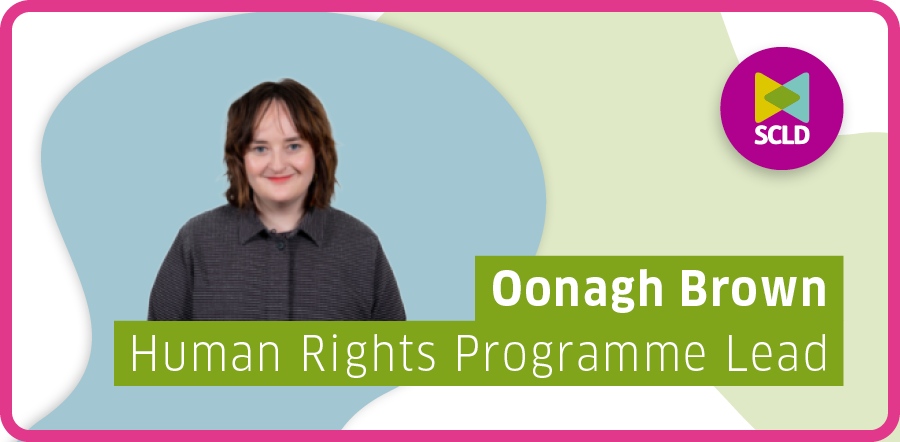
Aaron: I heard you were away on a business trip to the United Nations this year. Can you tell us about the United Nations and why you went?
The United Nations is an international organisation which started in 1945. Currently the United Nations is made up of 193 Member States. Member States are different countries that are part of the United Nations.
The United Nations exists to work towards four key aims. These are:
- Ensuring international peace and security
- Supporting nations from across the world to work together
- Supporting nations from across the world to solve international problems
- Making sure everyone’s human rights are respected.
The United Nations has offices worldwide. SCLD visited the United Nations Office in Geneva to take part in the Universal Periodic Review for the United Kingdom.
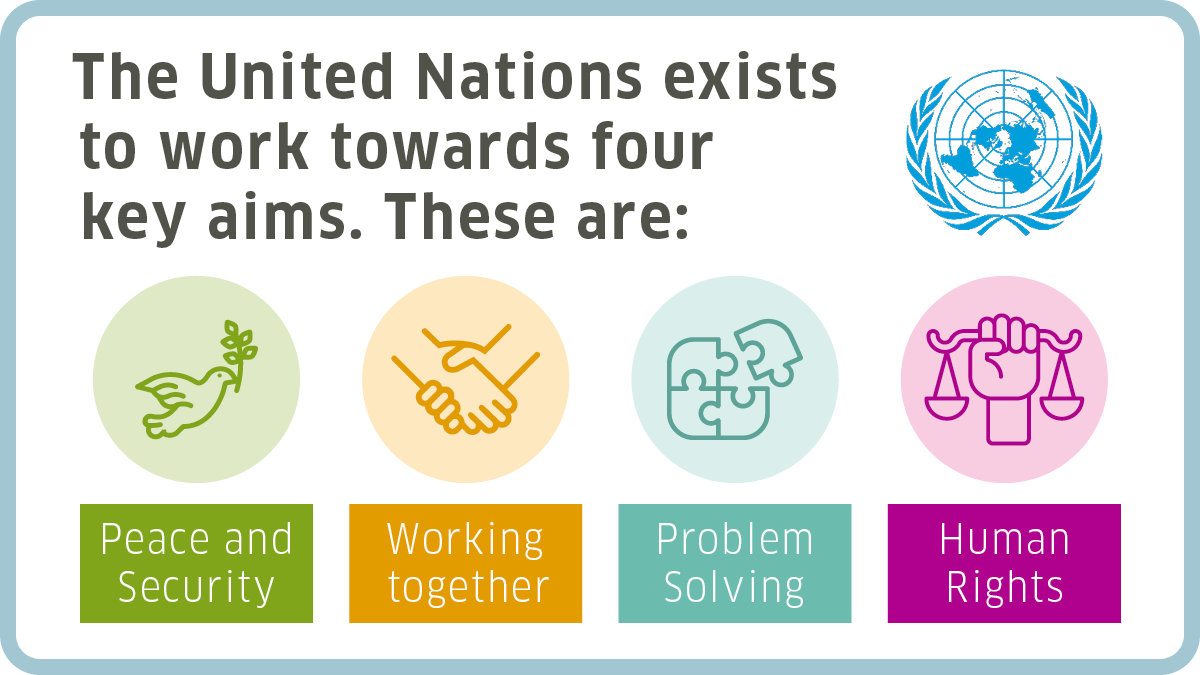
Fiona: What is the Universal Periodic Review, and what is its purpose?
The Universal Periodic Review is a process that allows the human rights situations in Member States to be examined. This includes examining the human rights situation in Scotland.
As a result of the Universal Periodic Review, all other Member States have the opportunity to make recommendations to the UK and Scottish Governments. If these recommendations are accepted, the Governments are asked to show evidence of implementing these recommendations.
The purpose is to ensure that Member States (like the United Kingdom) meet their human rights obligations and make sure people living across the United Kingdom can realise their human rights.
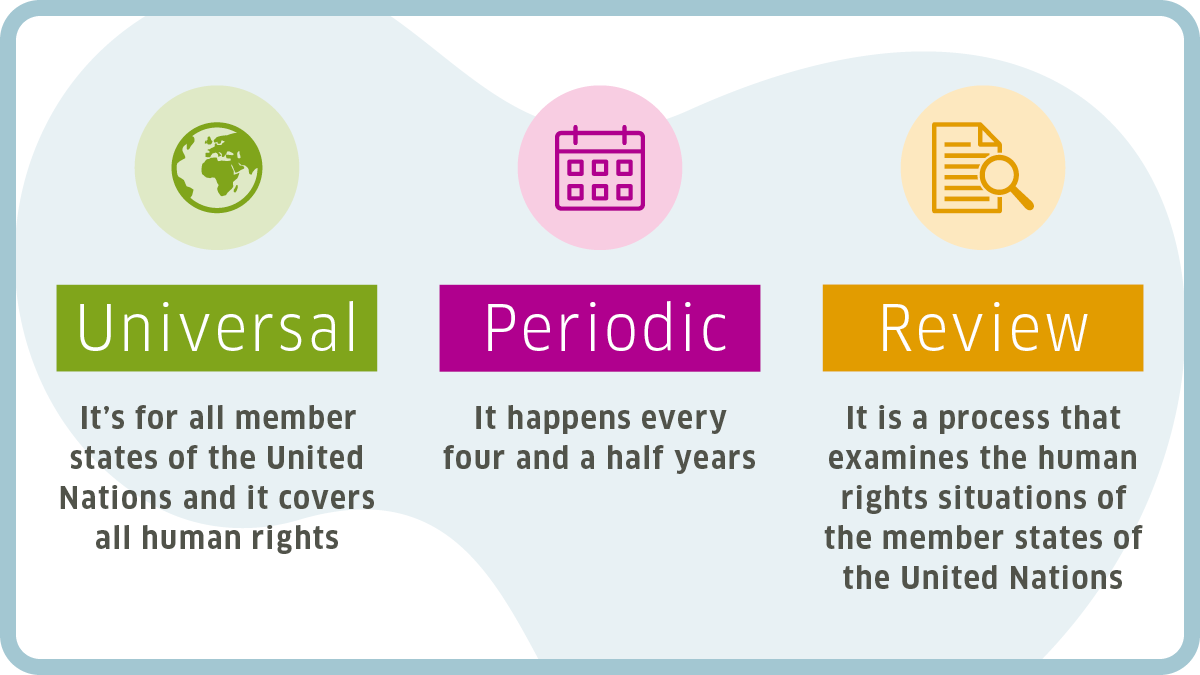
Fiona: Who were you speaking to, and what issues did you discuss?
SCLD were one of many people invited to speak. We were on a panel that included contributions from the Scottish Human Rights Commission, the Equality and Human Rights Commission and the Children and Young Peoples Commissioner for Scotland, among other organisations from across the UK. We each had a short time to speak on several important issues.
Based on our consultation with people with learning disabilities and those who support them from across Scotland, SCLD spoke about three issues. These were:
- Learning Disability in Scottish Mental Health Legislation
- Torture, Cruel, Inhumane, Degrading Treatment or Punishment of People with Learning Disabilities
- Equality and Non-Discrimination.
As part of this, we raised concerns about learning disability being defined as a ‘mental disorder’ under the Mental Health Care and Treatment (Scotland) Act (2003) and asked for the development of a UNCRPD-compliant supported decision-making framework. In addition, we called for legislative guidance on restraint and seclusion. We also outlined the need to establish a new body to monitor restrictive practices and ensure that people with learning disabilities can realise their rights.
We also talked about Equality and Non Discrimination; we focused on the issues of Hate Crime and Gender-Based Violence. We recommended that guidance should be created for media outlets when reporting on people with learning disabilities. Finally, we asked that data collection on women with learning disabilities experience gender-based violence be improved.
We gave fact sheets out on the day that summarised these issues and recommendations.
Fiona: What was it like speaking up at a big event? Did you get your points across?
It was pretty nerve-wracking! It was also challenging because you can’t speak for more than 5 minutes on your topics, so you have to ensure you get all your points across, but I managed it.
It was an excellent opportunity to raise the issues SCLD had heard from people with learning disabilities, and I know many Member States were keen to hear about the issues we raised. As well as presenting at the session, I had the chance to meet representatives from different Member States to discuss our recommendations in more detail. It was great to share meetings with other Scottish organisations like the Scottish Children and Young Peoples Commissioners Office on recommendations we both support concerning restraint and seclusion.
Aaron: Why was it important that SCLD participated in the Universal Periodic Review?
The Universal Periodic Review is a critical opportunity for SCLD to raise the human rights issues that people with learning disabilities tell us about and ask for changes to be made at both a UK and Scottish level. Since the Universal Periodic Review of the United Kingdom began, little attention has been given to issues faced by people with learning disabilities living in Scotland. So it was essential to have this chance to raise global awareness of the ongoing human rights issues people with learning disabilities face.
Aaron: What is the biggest change you would like to see in the world of human rights?
After my trip to Geneva, the most significant change I would like to see is for people with learning disabilities to lead the transformational change needed to ensure their human rights are realised.
One of the highlights of my trip to Geneva was meeting a man who does just that, Sir Robert Martin from New Zealand!
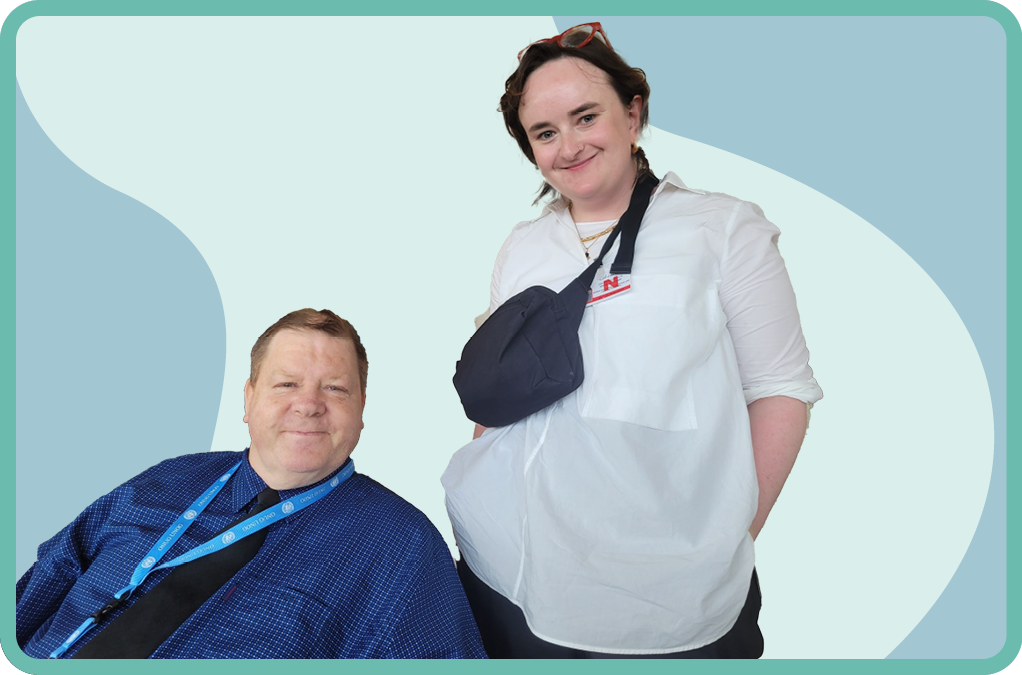
Sir Robert’s experience led him to begin a civil rights campaign in small-town New Zealand that has grown into a lifetime of international advocacy for persons with disabilities, particularly those with learning disabilities. Sir Robert Currently sits on the Committee on the Rights of Persons with Disabilities, and in 2020, Sir Robert received a knighthood for his services to persons with disabilities.
Like Sir Robert, I would like to see people with learning disabilities from Scotland have the opportunity to not only make their voices heard but also have their voices respected and their recommendations implemented. People with learning disabilities must be able to create and inform the change they want to see in the world. Getting involved in work at the international level within the United Nations would be an exciting next step.
For that to happen, we will all need to work together to strengthen and support the meaningful leadership of people with learning disabilities. We will also need existing human rights monitoring structures and human rights organisations to develop inclusive ways of working to best ensure that people with learning disabilities can not only have their voices heard but can lead in the creation of a genuinely human rights-respecting Scotland.
You can watch the Human Rights Council review the human rights situation in the United Kingdom from 8am to 11am on 10 November here: United Kingdom Review – 41st Session of Universal Periodic Review | UN Web TV
